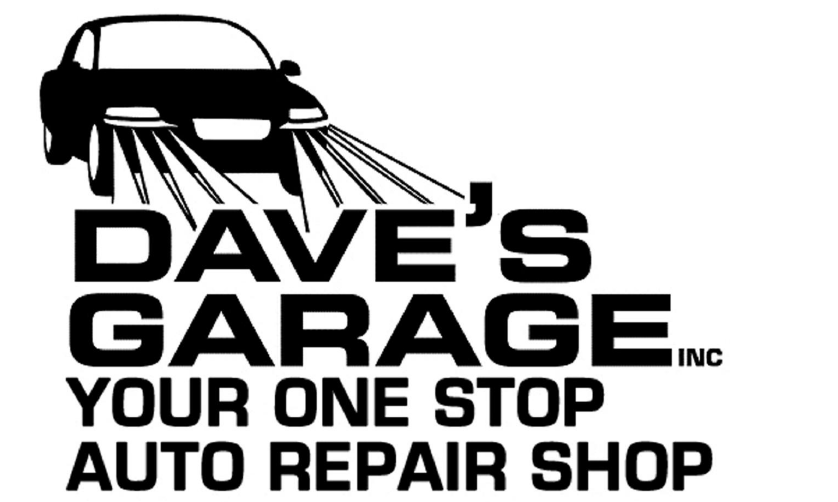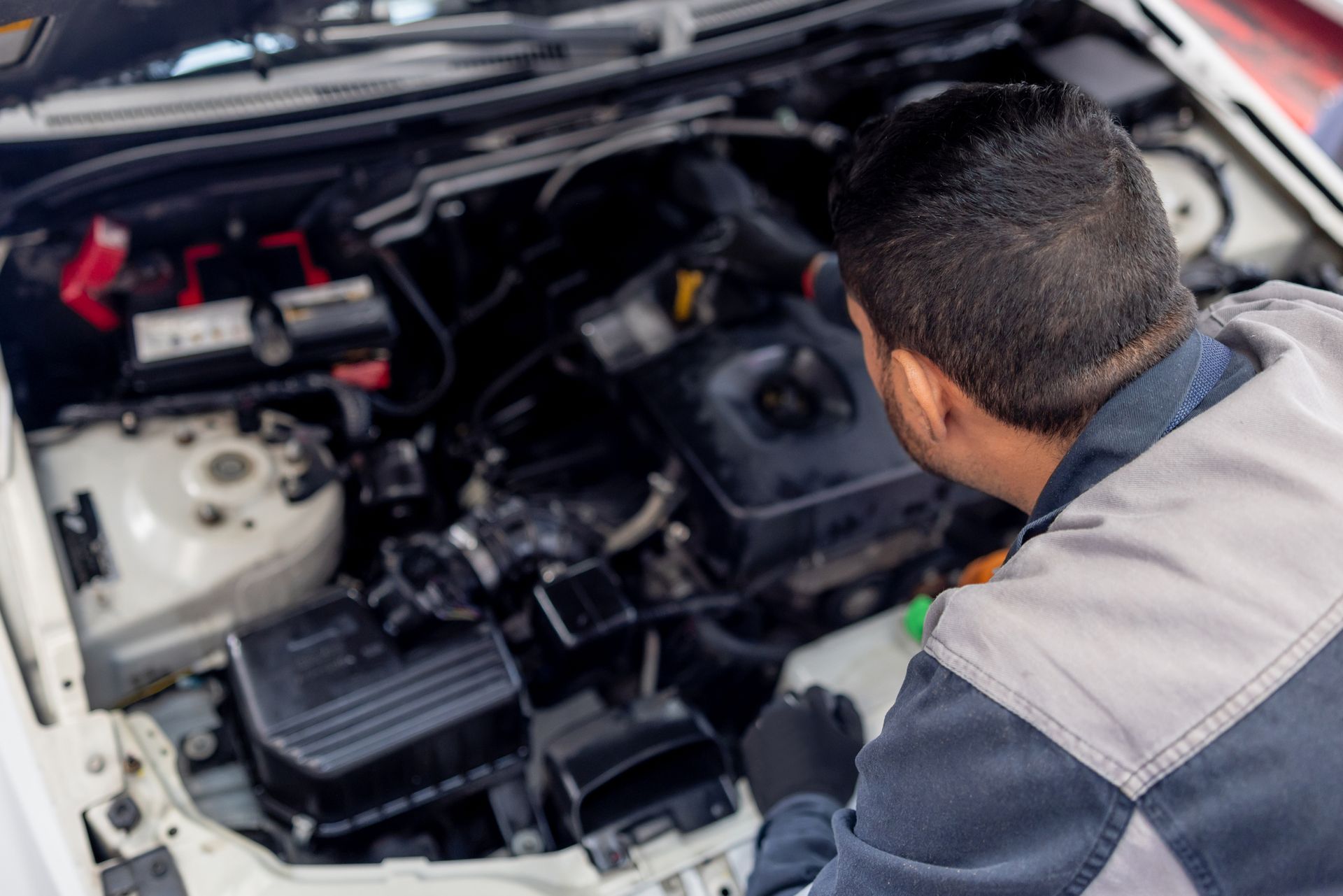The Importance of Automotive Brake Repair: Ensuring Safety on the Road
Your vehicle's brakes are arguably the most critical safety feature, allowing you to slow down and stop safely when needed. Over time, brake components wear down and require attention to ensure optimal performance. Let's explore why brake repair is essential and what you should know to maintain your vehicle's braking system.
Signs Your Brakes Need Attention
Recognizing the signs of brake wear can prevent potential accidents and costly repairs down the road. Here are common indicators that your brakes need attention:
- Squealing or Grinding Noise: High-pitched squealing or grinding noises when braking could indicate worn brake pads or damaged rotors.
- Soft or Spongy Brake Pedal: A brake pedal that feels soft or spongy when pressed may indicate air in the brake lines or worn brake pads.
- Vibration or Pulsation: If you feel vibrations or pulsations through the brake pedal or steering wheel when braking, it could be due to warped brake rotors.
- Dashboard Warning Light: An illuminated brake warning light on your dashboard signals potential issues with the braking system and requires immediate attention.
- Pulling to One Side: If your vehicle pulls to one side when braking, it could indicate uneven brake pad wear or a stuck caliper.
Components of a Brake System
Understanding the key components of your vehicle's brake system is essential for effective maintenance:
- Brake Pads: These friction materials press against the brake rotors to slow or stop the vehicle. Over time, brake pads wear down and require replacement.
- Brake Rotors: Rotors are the flat, shiny discs that the brake pads clamp onto. They can become worn or warped and may need resurfacing or replacement.
- Brake Calipers: Calipers house the brake pads and apply pressure to them when you press the brake pedal. Calipers can seize or develop leaks over time.
- Brake Fluid: Brake fluid transfers the force from the brake pedal to the brake components. Contaminated or low brake fluid can compromise braking performance.
Routine Brake Maintenance
To keep your brakes in top condition, follow these maintenance tips:
- Regular Inspections: Have your brakes inspected by a professional regularly, typically during routine oil changes.
- Replace Brake Pads: Replace brake pads before they wear down completely to avoid damage to other brake components.
- Check Brake Fluid: Ensure brake fluid is at the correct level and replace it according to the manufacturer's recommendations.
- Address Issues Promptly: Don't ignore signs of brake wear or malfunction. Addressing problems early can prevent more extensive repairs later.
Professional Brake Repair
While some basic maintenance tasks can be performed at home, such as replacing brake pads, complex brake repairs should be handled by trained technicians. Brake systems are intricate and critical to vehicle safety, so it's crucial to entrust repairs to professionals with the right expertise and tools.
Conclusion
Regular brake maintenance and timely repairs are essential for your safety and the longevity of your vehicle. By paying attention to signs of brake wear and scheduling routine inspections, you can ensure that your brakes perform reliably when you need them most. Remember, maintaining your brakes isn't just about vehicle upkeep—it's about protecting yourself and others on the road. Schedule a brake inspection today if you notice any signs of brake wear or deterioration. Your safety is worth it!



![A person looking at the hood of a car | Auto Repair in Greenfield Wi | Dave's Garage Inc ]](https://lirp.cdn-website.com/c61a0dbb70d3420381782d480c5d96b6/dms3rep/multi/opt/ThinkstockPhotos-160940407-1920w.JPG)
